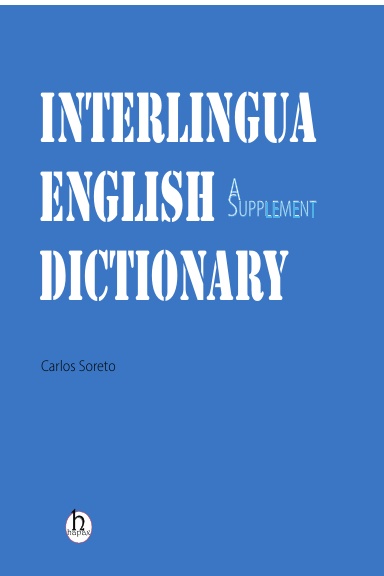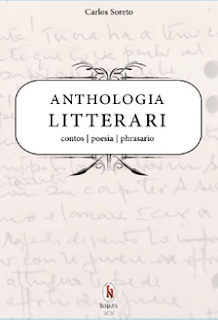Isto es le secunde libro del serie "lexika", que comenciava le serie "multilingue" con entratas in interlingua. Multe personas, directe- o indirectemente, esseva de adjuta in elaborar lo. Gratias a omnes.
Le publicitate, un pauco pedantesc, es ver e verificabile e es, al mesme tempore, un defia pro le melioramento e augmentation de iste breve glossario que securmente contine errores e omissiones. Le studio del philologia ha plure stratos e non sempre es satisfactori le resultato de accordar le clivage que existe inter illos.
Ecce su prefacio:
The first multilingual glossaries on linguistic terminology were published some decades ago, and since then not only many new terms and definitions but also the respelling of some expressions have entered and increased the vocabulary of linguistics found in the linguistic literature at that time. For instance, in Multilingual Lexicon of Linguistics and Philology published by Rose Nash in 1968, the French corresponding term to the English “allophone” was variante de phonème, réalisation de phonème, having a correct definition but nonetheless missing the usual denomination of such term - which is the same as in English, that is, “allophone” -, employed everywhere nowadays (See Le dictionnaire de linguistique..., p. 25, for instance).
If works like Rose Nash’s were extremely rare at the time of its publication, the scenario has not changed substantially over time, in spite of the increasing expansion of the subject matter and the great specialization of the scientific study of language. The Multilingual Glossary of Linguistics now published is intended to be useful rather than exhaustive; on the other hand it is an up-to-date tool that will spare students and experts in linguistics and philology the trouble of purchasing and/or check terms in several dictionaries.
The book is divided in two separate parts: The first part contains a table with over 5,900 lemmas in English with their corresponding columns in German, French, Portuguese, and Interlingua, and in the second part one can find a list of 170 language names in English, German, French, and Interlingua, including their corresponding ISO codes. Finally, on pp. 201-202 there is a bibliography of the main references checked for the compilation of this work.







 linguistic terminology
linguistic terminology












.jpg)



